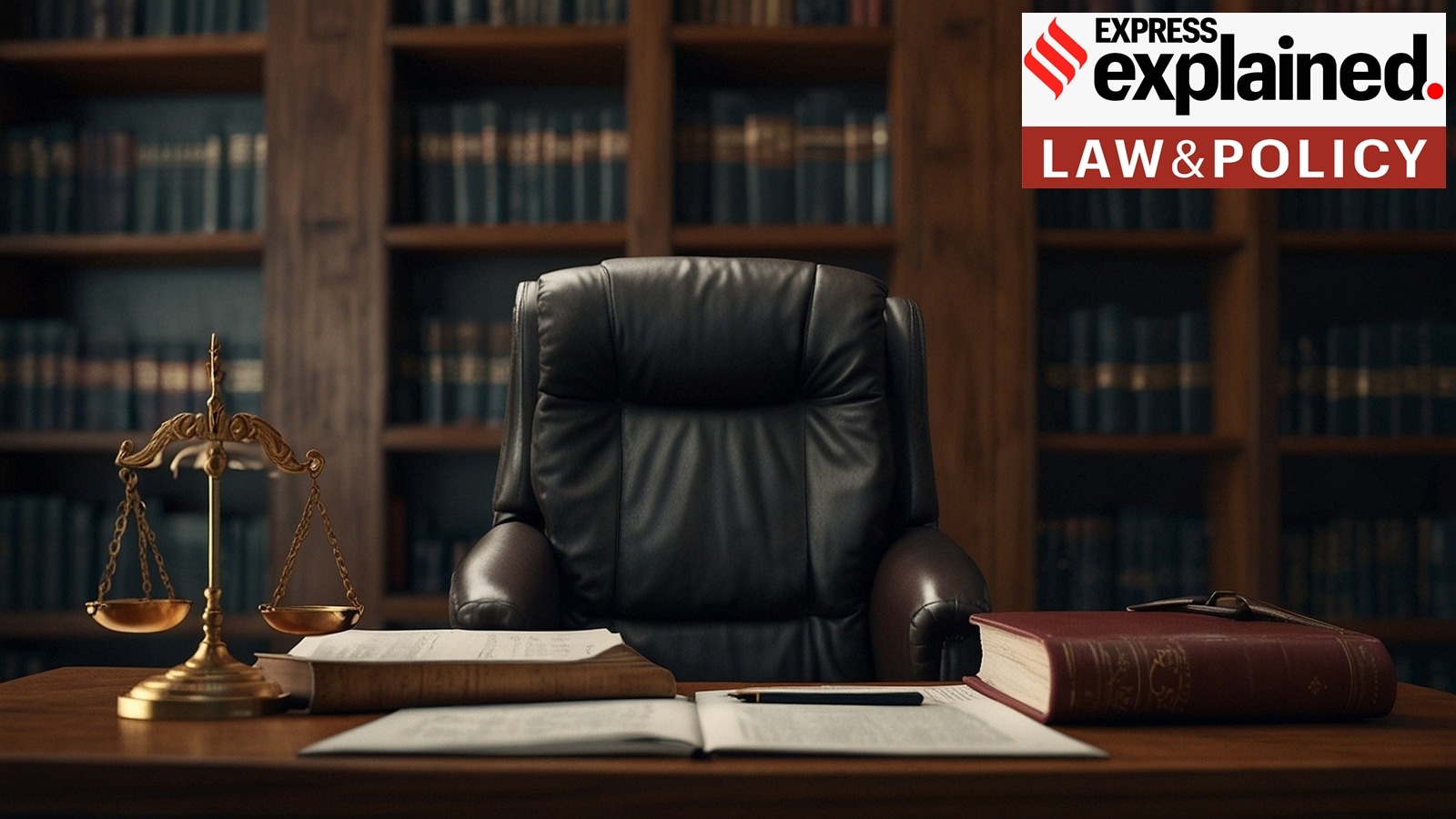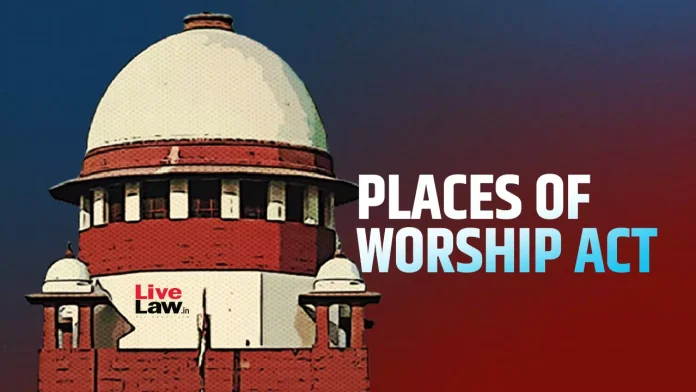- The country has witnessed communal riots over the last few decades with the majority and minority communities fighting over the places of worship leading to unpleasant law and order situation. In the bargain, several innocent lives were lost fighting out on extremely sensitive issues polarizing the entire country on communal lines. Most glaringly, the political class out there was waiting for an opportune time to milk the highly running emotions of the people for their parochial considerations. We know how our political class irrespective of party affiliations, philosophies, and ideologies leaves no stone unturned to ensure their assiduously cultivated vote banks are further consolidated. That’s our politicians for you!

PC: the quint
- One of the most contentious issues bogging down the country is the places of worship with the majority community claiming rights over the minority community. As reported in newspapers, the Supreme Court is hearing pleas for and against the Places of Worship Act that has been in the limelight for so long. They must uphold the law as it stands. The Supreme Court got off to a decisive start last week as it began proceedings to hear challenges to the constitutionality of the Places of Worship Law. The CJI-led three-judge bench put a stop to further suits against places of worship. It didn’t stay proceedings in pending suits but ordered that no court would pass any orders, including on surveys.

PC: The Indian express
- On Sep 11, 1991, Parliament passed the Places of Worship Act, to protect the country from communal flare-ups like the one recently witnessed in Sambhal over its Jama Masjid. All political parties barring BJP and Shiv Sena were unanimous that legislation was necessary to prevent litigation by various interested parties that would dredge up masjid-mandir issues. The law would prohibit conversions of any shrine from its status at Independence. Ram Janmabhoomi-Bajri Masjid was exempt. Three decades on, SC in its Ayodhya verdict in 2019 spoke at length on the essentiality of the Places of Worship Act. The 5-judge bench called the law a legislative instrument designed to protect secular features of Indian polity, the Constitution’s basic features.
.webp)
PC: Education Post
- Further, the SC said the law imposed on the state a non-derogable obligation towards enforcing secularism under the Constitution. That Parliament mandated in no uncertain terms that history and its wrongs shall not be used to oppress the present and the future. It’s nothing less than tragic that a 77-year-old democracy, on its way to becoming the world’s third largest economy, finds itself scouring hoary grievances, knifing in new wounds and fresh scars into a pluralistic society carefully crafted by state and civil society alike to maintain peace and constitutional values. The quest to ransack history for political currency is not just outdated but an attack that weakens society. SC’s final ruling will have a pivotal role in India’s social fabric remaining intact.






